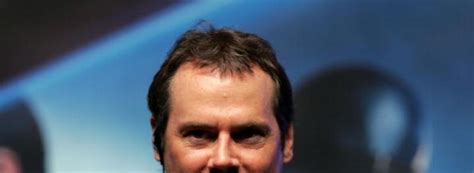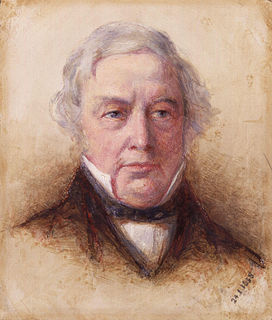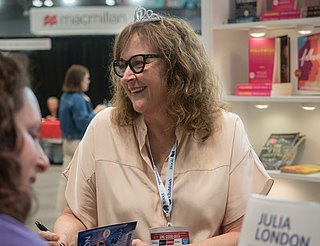A Quote by David Mamet
IF YOU PRETEND THE CHARACTERS CANT SPEAK, AND WRITE A SILENT MOVIE, YOU WILL BE WRITING GREAT DRAMA.
Related Quotes
One of the things when you write, well the way I write, is that you are writing your scenario and there are different roads that become available that the characters could go down. Screenwriters will have a habit of putting road blocks up against some of those roads because basically they can't afford to have their characters go down there because they think they are writing a movie or trying to sell a script or something like that. I have never put that kind of imposition on my characters. Wherever they go I follow.
First of all, I had the desire for that format [silent movie], and then when I was talking to people, I felt that people needed justification. Why are you doing a silent movie? Is it just for your own pleasure? I felt it was not enough for them so I realized I have to choose the subject that will make things easier for them and to tell the story of a silent actor makes sense for doing a silent movie.
Remarkably, there's no green screen in 'Leaves of Grass' movie. There is motion control. Technically, there were all sorts of challenges, but really the soul of it is Edward Norton talent. You write these characters when you write a movie, and all you can hope for or depend on is that your actors will elevate the material.
I find that I am much slower in the beginning of a book. I am thinking of the plot, of the characters and who they are, and where they are going. I often throw out a lot of the writing I start with, because the characters and plot improve as I write. Or perhaps I should say it is my hope they will improve as I write.
I think that I write much more naturally about characters in solitude than characters interacting with others. My natural inclination - and one that I've learned to push against - is to give primacy to a character's interior world. Over the three books that I've written, I've had to teach myself that not every feeling needs to be described and that often the most impactful writing more elegantly evokes those unnamed feelings through the way characters speak and behave.
The secret to writing is just to write. Write every day. Never stop writing. Write on every surface you see; write on people on the street. When the cops come to arrest you, write on the cops. Write on the police car. Write on the judge. I'm in jail forever now, and the prison cell walls are completely covered with my writing, and I keep writing on the writing I wrote. That's my method.
To the question of writing at all we have sometimes been counselled to forget it, or rather the writing of books. What is required, we are told, is plays and films. Books are out of date! The book is dead, long live television! One question which is not even raised let alone considered is: Who will write the drama and film scripts when the generation that can read and write has been used up?





































